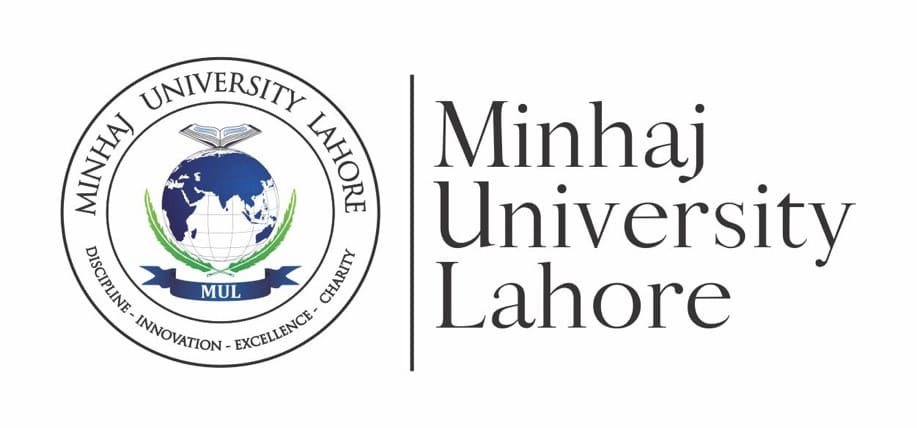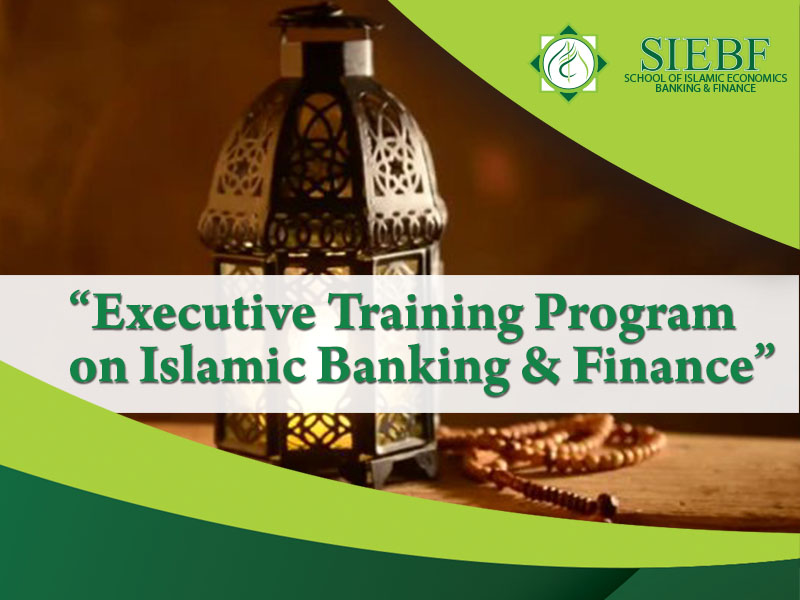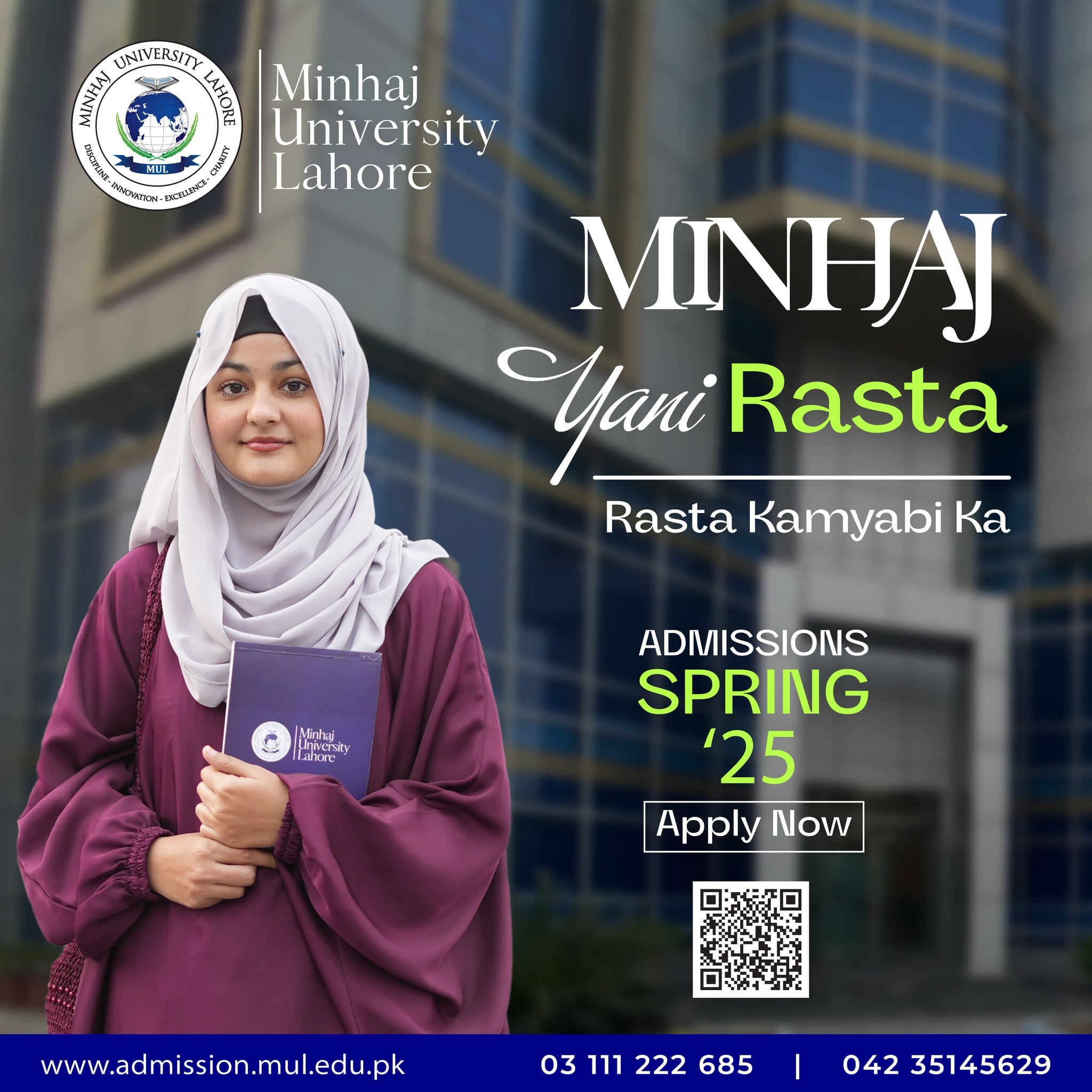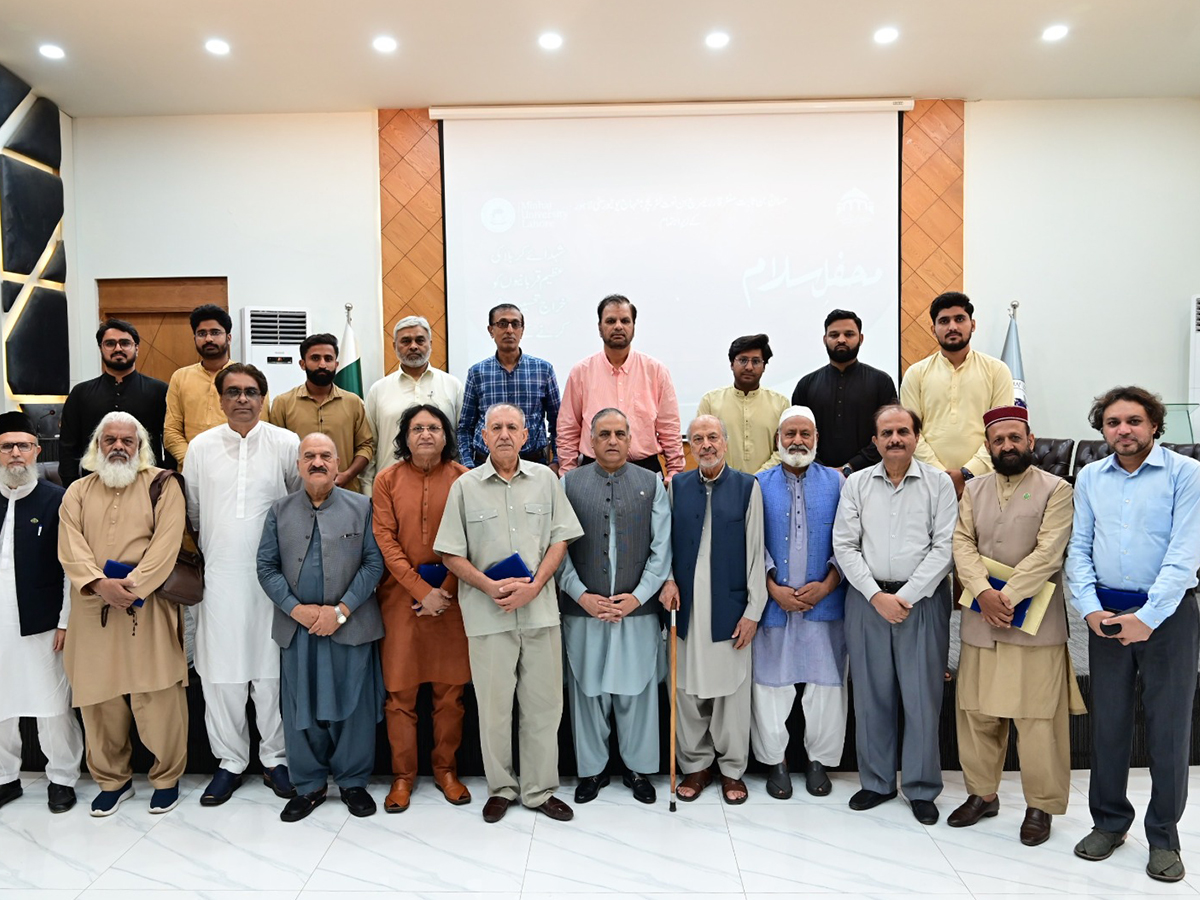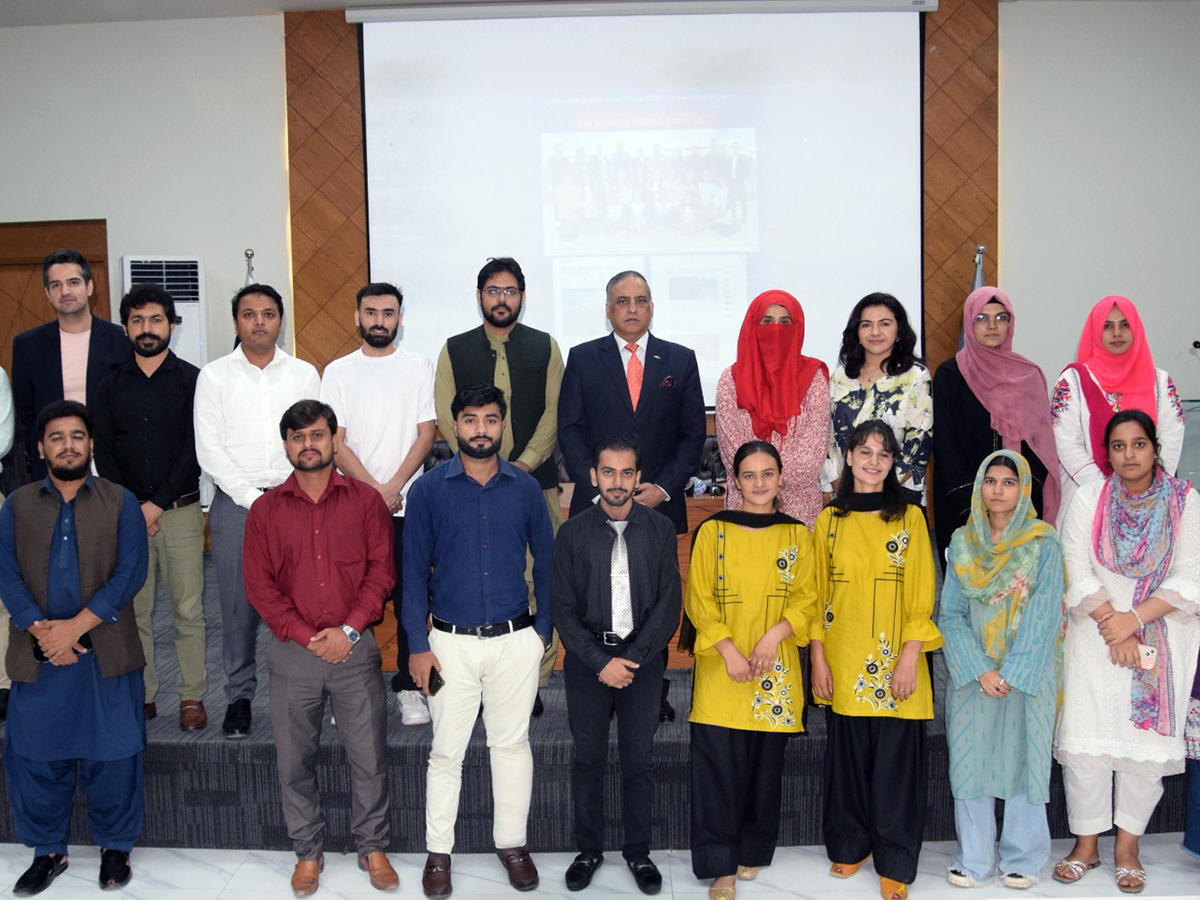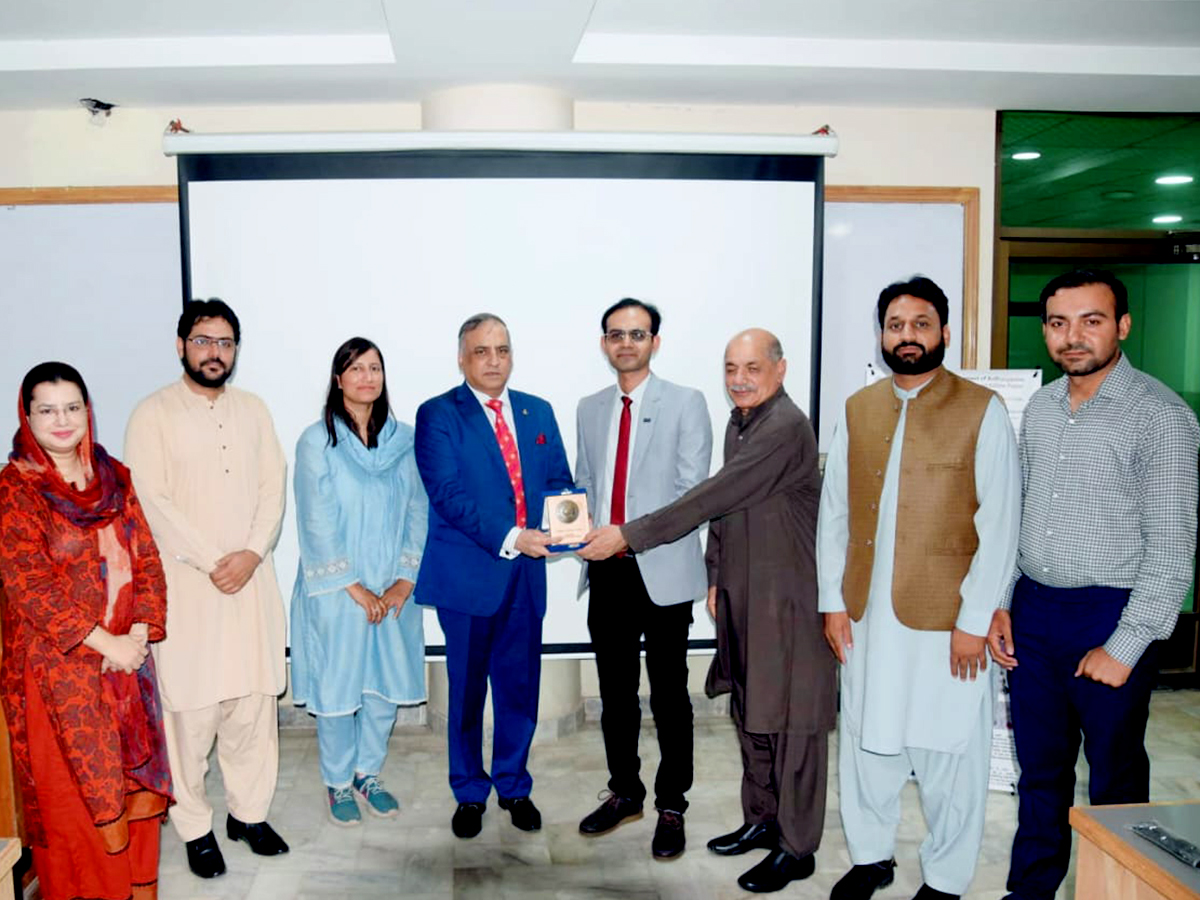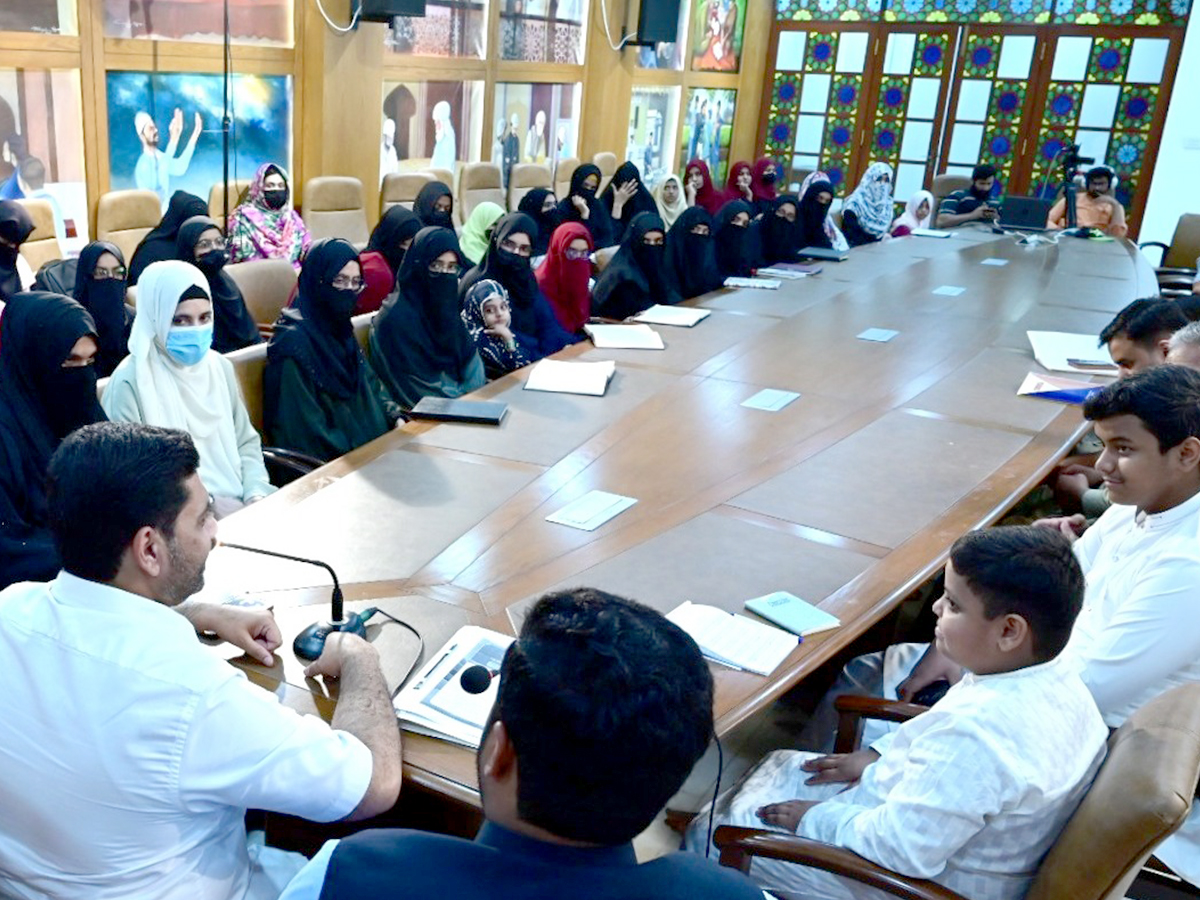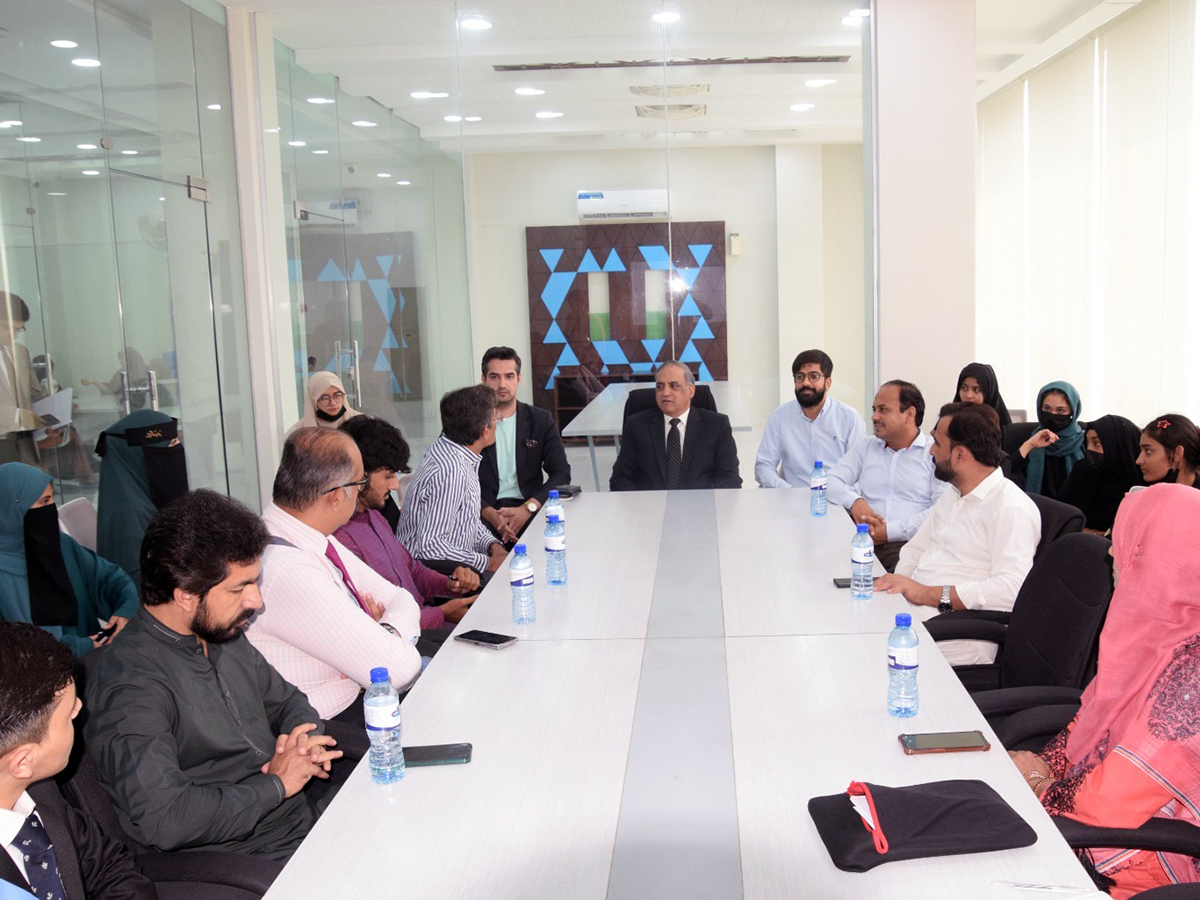Course Duration:
3 months (24 Credit Hours)
Class Timing:
Saturday 4:00 pm - 08:00 pm and Sunday 10:00 am - 02:00 pm
Fee Package:
Rs.15, 000 per participant (Monthly 5,000)
Commencement of Classes:
16 Feb, 2019
School of Islamic Economics, Banking and Finance:
School of Islamic Economics, Banking and Finance, SIEBF, has been established in 2014. At SIEBF, we are offering graduate and post-graduate programs to cover the need and prerequisite of the industry. SIEBF, at Minhaj University Lahore, has conducted 1st World Islamic Economics and Finance Conference in January 2018 at PC Hotel Lahore. It was a very prodigious and successful event which proved very fruitful for both Academia and Industry. SIEBF is known for the quality programs in Islamic Banking and Finance around country.
Whether you’re looking for technical proficiency, better market knowledge, or competency as a leader, our courses are premeditated to help you accomplish your goals faster. Led by leading experts in their field, our courses will provide you with enriched knowledge, practical skills and techniques, and market astuteness in order to improve your performance and leadership potential.
Introduction:
Islamic finance industry in Pakistan has witnessed a strong growth over the last few decades, with the share of Islamic banking sector surpassed by 14.8% of the total banking market and share of Islamic mutual fund industry capturing 30% market share. In addition, Takaful sector has witnessed higher growth in the last few years especially after the opening of Takaful Windows in all major insurance companies. This depicts a strong demand of human capital especially Islamic finance experts in the industry. Keeping in view the tremendous potential of the sector, SIEBF is offering a comprehensive introductory course in Islamic banking and finance. The course covers the fundamentals, history and principles of Islamic economic system cum basics of Islamic banking and finance. Modes of Islamic finance and their modus operandi in contemporary Islamic financial institutions and Takaful industry are also covered in this course. Finally, the course does encompass modern developments in the sector especially emergence of Islamic Fintech.
AIMS / Objective of the Course:
The objective of this course is to make the participant able to understand
• Basics of Islamic banking and finance
• Concept of Riba (Interest) and its prohibition in Sharia’h law
• Products and Services offered by IFIs
• Mechanism of trade financing and rental financing
• Concept of Takaful as a halal mean of risk mitigation
• Risk management in Islamic banking
• Solution of housing puzzle under Sharia’h compliant Financial System
• Process of maintaining accounting records of Islamic banking
Learning Outcome/Benefits:
After this course, participant will be able to:
• Understand the concept of Riba and philosophy of Islamic Economic system
• Design financing products under Islamic financial system
• Manage trade and housing financing facilities under Islamic financial system
• Prepare and extract information from financial reports of Islamic banks
• Work independently in an Islamic financial institution
• Work as Takaful professional
• Understand the process of maintaining accounting records of Islamic banking
Pre-Requisite:
F.A/ F.sc. Or any other equivalent degree
Examination:
As per the University policy
Course Facilitators:
1. Mufti Muhammad Umar Irfan (Shariah Researcher in SCD TIB BOP)
Shariah Advisor at SECP Shariah Advisory Panel
2. Mr. Mubeen Butt
M.Phil. in Islamic Banking and Finance
Lecturer School of Islamic Economics, Banking and Finance
Minhaj University Lahore
3. Mr. Hassnian Ali
M.Phil. in Islamic Banking and Finance
Assistant Director International Center of Research in Islamic Economics
Minhaj University Lahore
4. Mr. M. Hassan Abbas
M.Phil. in Islamic Banking and Finance
Junior Operational Manager Al-Mawakhat, Islamic Microfinance
Contact Details
Mr. Umar Farooq Shah (Deputy Head, SIEBF)
Phone+92- 0303-4832503
E-Mail: umar.siebf@mul.edu.pk
School of Islamic Economics, Banking and Finance
Introduction:
Islamic finance industry in Pakistan has witnessed a strong growth over the last few decades, with the share of Islamic banking sector surpassed by 14.8% of the total banking market and share of Islamic mutual fund industry capturing 30% market share. In addition, Takaful sector has witnessed higher growth in the last few years especially after the opening of Takaful Windows in all major insurance companies. This depicts a strong demand of human capital especially Islamic finance experts in the industry. Keeping in view the tremendous potential of the sector, SIEBF is offering a comprehensive introductory course in Islamic banking and finance. The course covers the fundamentals, history and principles of Islamic economic system cum basics of Islamic banking and finance. Modes of Islamic finance and their modus operandi in contemporary Islamic financial institutions and Takaful industry are also covered in this course. Finally, the course does encompass modern developments in the sector especially emergence of Islamic Fintech.
